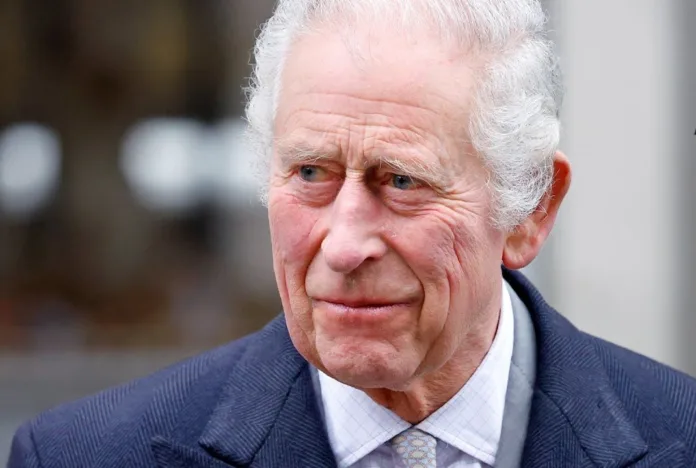Aunty Serena Williams calls for recognition of the past as King Charles acknowledges traditional custodians of the land during his visit to Canberra.
In a poignant moment during his visit to Australia, King Charles and Queen Camilla were greeted by Ngunnawal Elder Aunty Serena Williams, who used the occasion to call for a royal apology regarding colonial wrongs. The welcome ceremony, which included a traditional “Welcome to Country” and a smoking ritual, set the tone for an event steeped in cultural significance and a desire for reconciliation.
Aunty Serena, representing the Ngunnawal people, conveyed the importance of acknowledging historical injustices. “We all have roles and responsibilities,” she stated, emphasising her commitment to her people. “I think an apology would be beautiful.” When pressed about whether the King himself should issue such an apology, Aunty Serena responded affirmatively, saying, “Yes. Because we have to acknowledge our past.”
The King’s visit took place against a backdrop of heightened sensitivity to the historical context of Australia’s colonial past. In a speech delivered to an audience of prominent politicians and dignitaries at Parliament House in Canberra, King Charles reflected on the significance of the Welcome to Country ceremony. He expressed his appreciation for the traditional custodians of the land, stating, “In my many visits to Australia, I witnessed the courage and hope that have guided the nation’s long and sometimes difficult journey towards reconciliation.”
However, the atmosphere shifted dramatically during his address when Senator Lidia Thorpe, dressed in traditional attire, interrupted by shouting, “This is not your land. You are not our King.” Her outburst highlighted the ongoing tension surrounding Australia’s colonial history and the calls for recognition and reparations from Indigenous communities.
The significance of the royal visit extended beyond ceremonial duties. King Charles and Queen Camilla also participated in a wreath-laying ceremony at the Australian War Memorial, further underscoring their respect for the nation and its history. As they honoured those who fought for the country, the King acknowledged the complexities of Australia’s past, reiterating the importance of reconciliation and respect for Indigenous cultures.
The juxtaposition of ceremonial gestures and vocal dissent during the visit illustrates the deep-seated issues surrounding Indigenous rights and recognition in Australia. Many Indigenous leaders have long advocated for a formal apology from the Crown as a critical step towards healing the wounds of colonisation. Aunty Serena’s call for an apology resonates with those who believe that acknowledging past wrongs is essential for fostering genuine reconciliation.
The royal visit has reignited discussions about the role of the monarchy in Australia and its relationship with Indigenous peoples. While the King has expressed a desire to engage with Australia’s diverse communities, the expectations for a royal apology remain a significant point of contention.
As King Charles and Queen Camilla continue their tour of Australia, their actions and words will be closely scrutinised by both supporters and critics alike. The call for an apology is not merely a request for words; it represents a broader demand for recognition and respect for the cultures and histories that shape Australia today.
In this complex landscape, the royal visit serves as a reminder of the ongoing journey towards reconciliation, where acknowledgement of the past must pave the way for a more equitable and inclusive future for all Australians.
